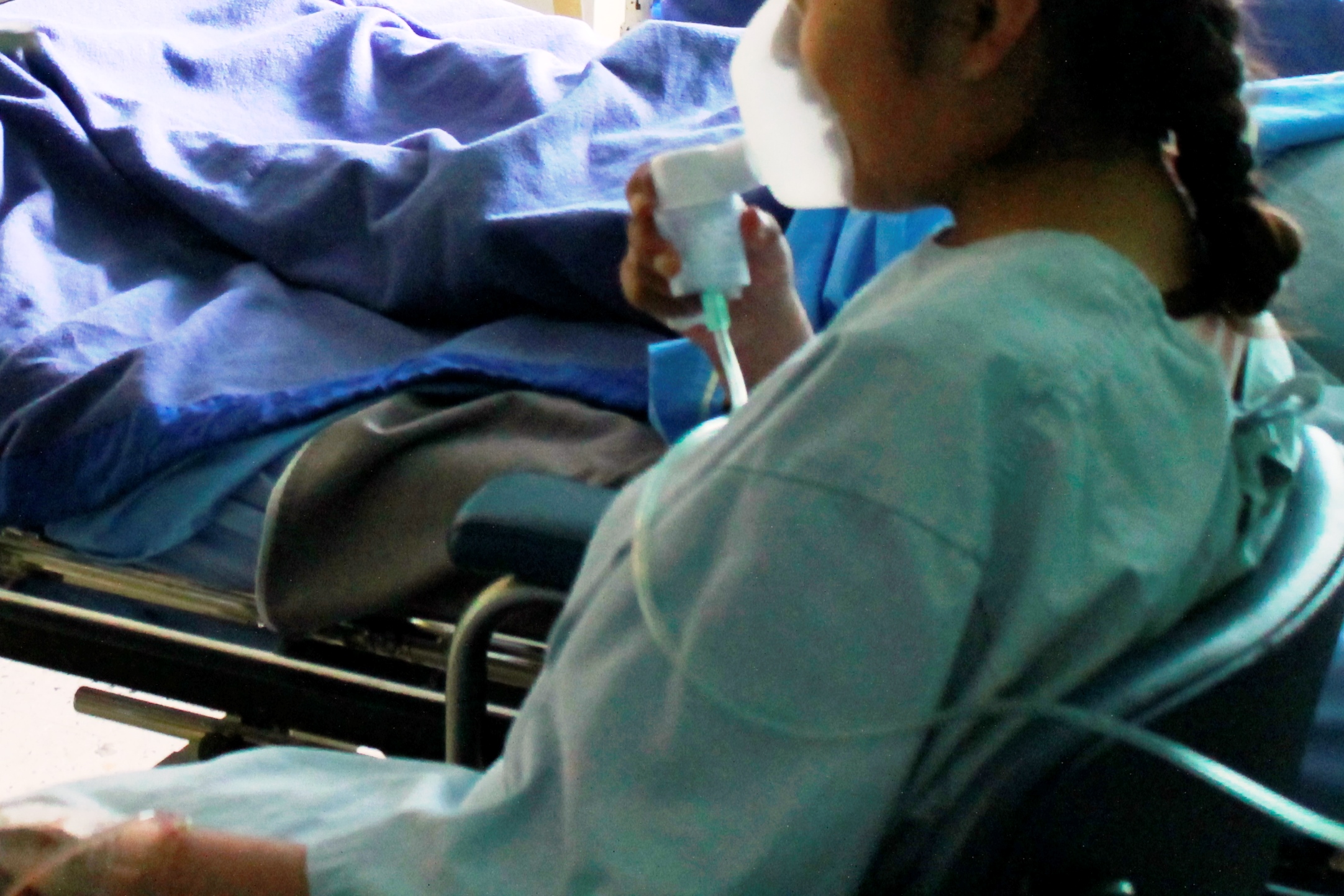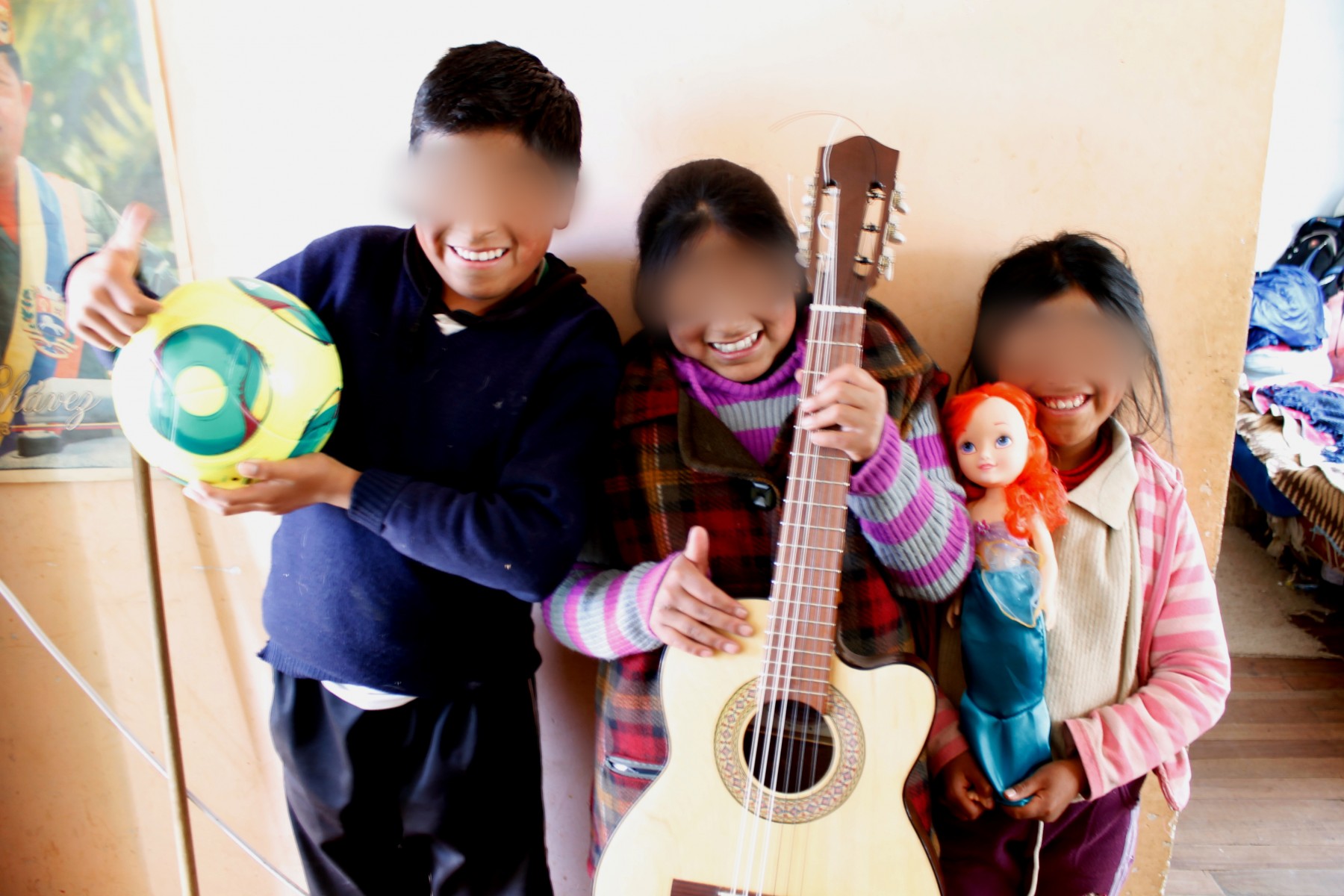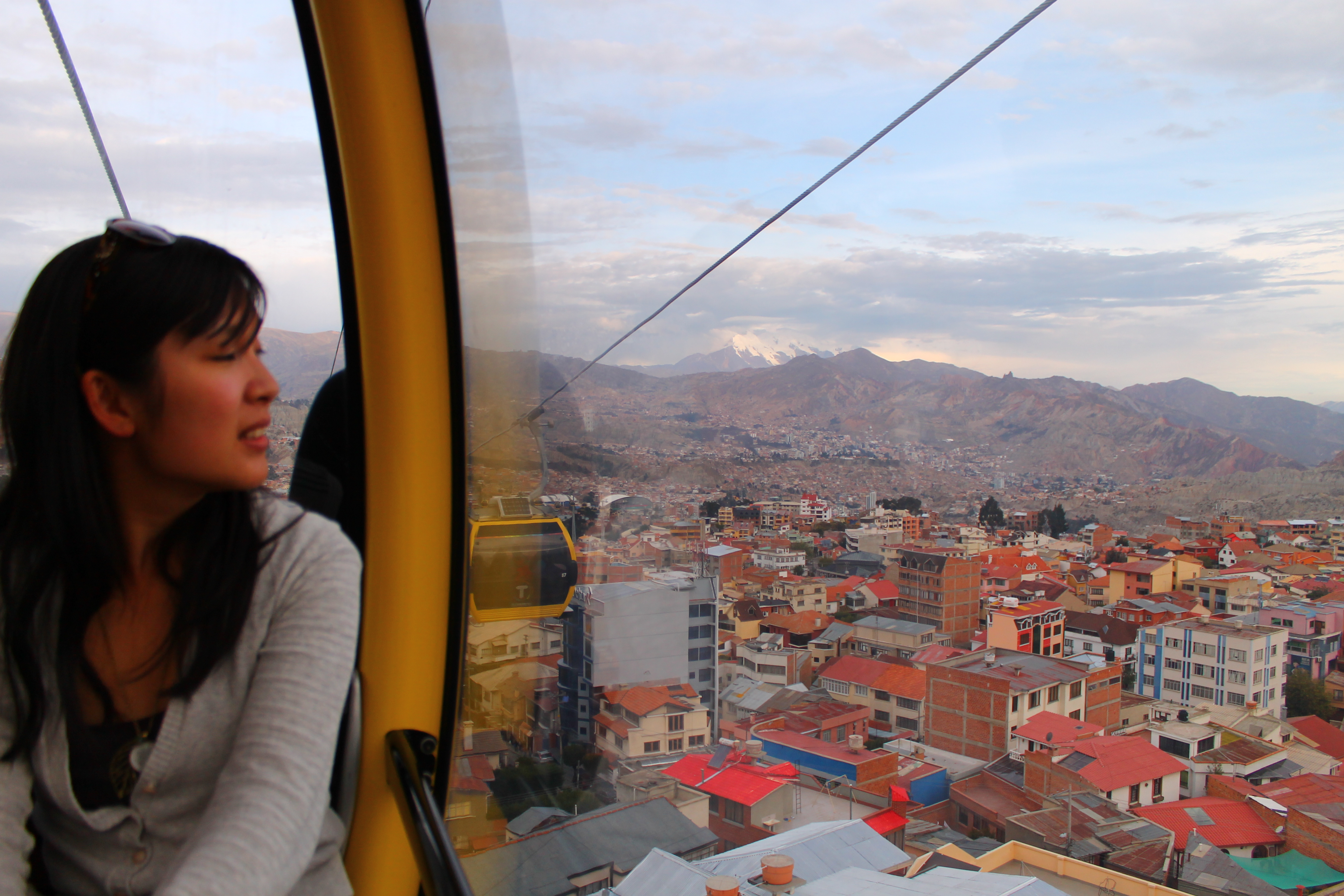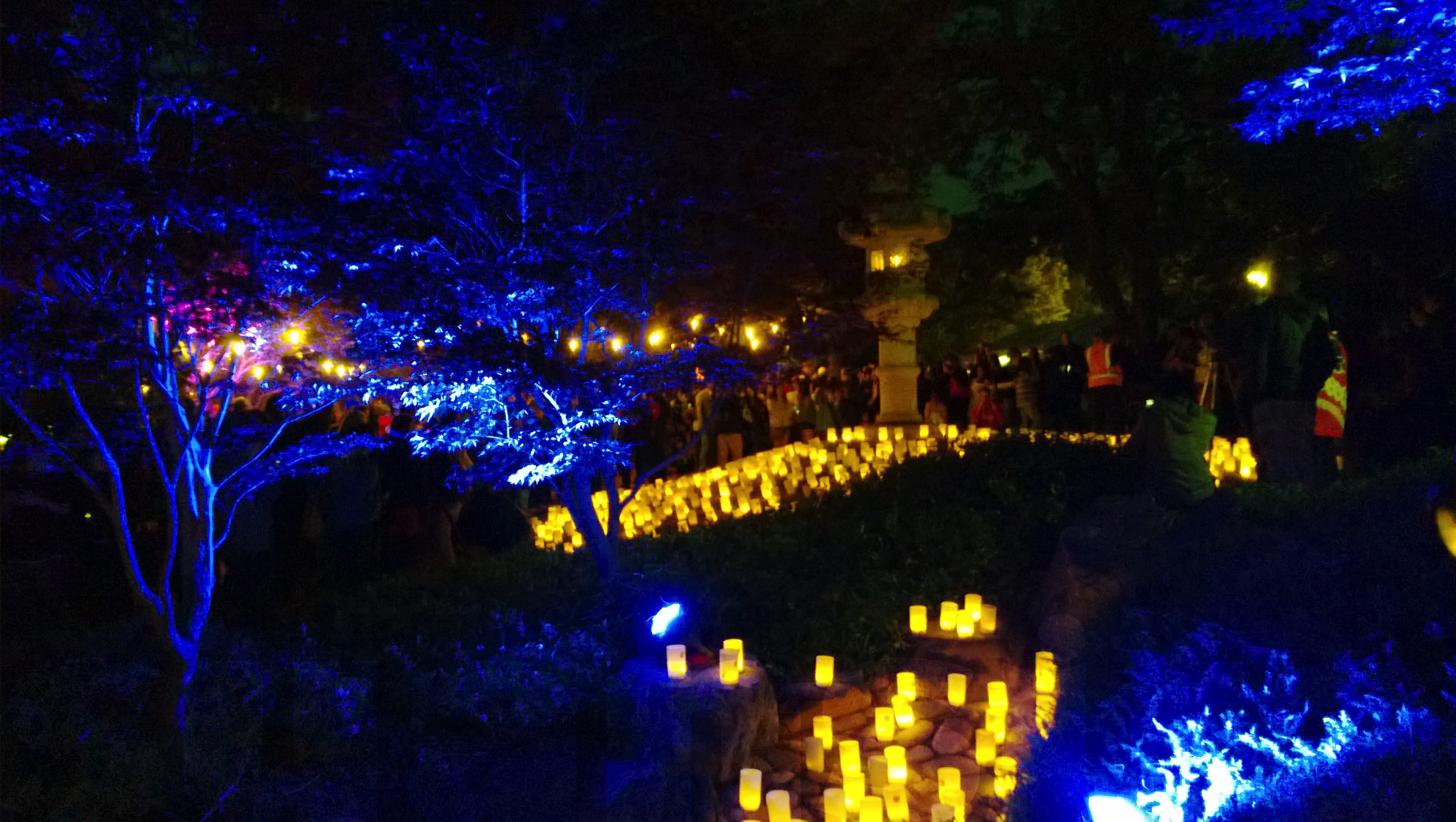I wasn’t procrastinating – I actually wasn’t planning on ever reading the book. It was going to be one for the mantelpiece, to adorn the bookshelf. After all, I spent a year working for the organisation founded by the author, so I didn’t just know the content – I was living right amongst it.
It was a surprise, then, how much the opening chapters of The Locust Effect moved me. Two months back on board with International Justice Mission (IJM), now in Australia, and we’ve talked on a number of occasions about vicarious trauma. I’ve shared with my colleagues some of what I went through that year in Bolivia. They’ve shared about how advocating against cybersex trafficking has had a toxic personal effect on them.
I wrote, right at the start of my time in Bolivia, about how I was going to need to balance my emotions in order to do my job well. Lock them away completely and I would fail to connect with our clients – the survivors and their stories. Unleash them and I would risk being overrun and crippled by the darkness.
I think I managed that tension well for the most part. But even had I achieved a better equilibrium, there was no way I could have come home unscathed. Some burns and scars are inevitable when you expose yourself to casework that is cruel and violent.
Reading The Locust Effect now, I remember the names, the faces, the testimonies. I realise how much of a distant memory they had become since my return to Australia – but now I am reminded.
I remember Bárbara*, who battled a predatory stepfather and cancer – and through prayer and perseverance, overcame both trials.

I remember Jorge*, whose troubled mother blamed him for her problems. She thought her own son was lying about her partner sexually abusing him.
I remember Ninoska*, whose trauma was buried so deep she missed her abuser and couldn’t understand why he was in jail.
I remember sisters Jessica* and Jennifer*, whose charming smiles illuminated their tiny faces whenever they greeted us. You’d never guess what they’d survived in their village.
I remember Federico*, the brave pre-teen who discovered his uncle was taking advantage of his little sister and spent one long night agonising over whether and how to speak up.

These are the stories that challenge me when I’m tempted to believe – like all the other naïve optimists out there – that human beings are essentially good. Sure, there is beauty in us and we are capable of some greatness, but what I have seen and heard and worked with proves to me that there is, tragically, a lot of evil out there.
Sometimes a functioning public justice system obscures much of our base nature – it’s such a powerful deterrent that we can take our safety for granted. We forget or never even really know how awful we and those around us could be.
It’s easier to live in our bubble of safe, blissful ignorance – but what would be the point in easy? We wouldn’t need God then.
We serve a God who is both powerful and loving, who is able and who gives a damn (excuse my word choice). We do the hard stuff because He hears the cry of the oppressed, because His heart breaks for the victims. Because He is already at work in the midst of the darkest corners of the world and of the human heart.
*Pseudonyms have been used to protect the identities of IJM Bolivia’s clients.




2 comments